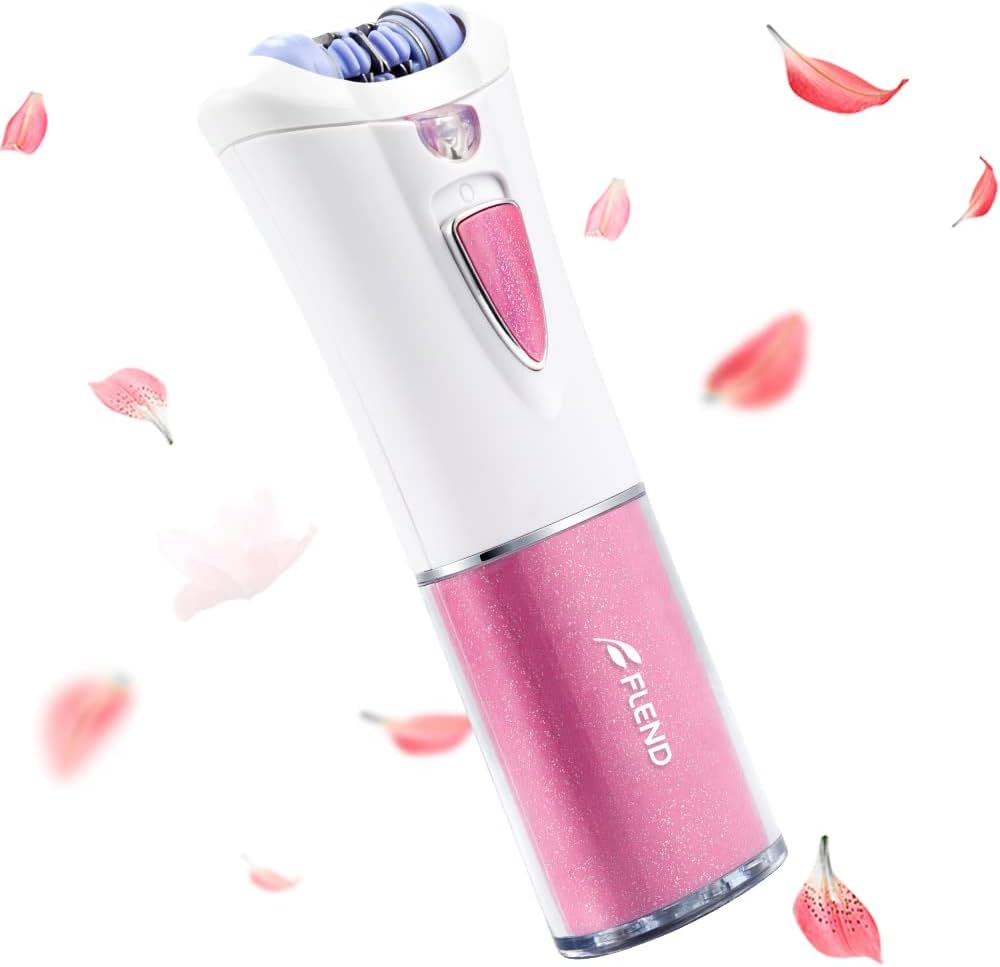Is Vaseline good after epilating?
Introduction:
After epilating, it is important to provide proper care to the skin to soothe any discomfort and maintain its health. One common question is whether Vaseline is a suitable product to use after epilating. In this guide, we will explore the use of Vaseline after epilation, discussing its benefits, considerations, and alternative options for post-epilation skincare. By understanding the effects of Vaseline and exploring other potential options, you can make an informed decision on how to best care for your skin after epilating.
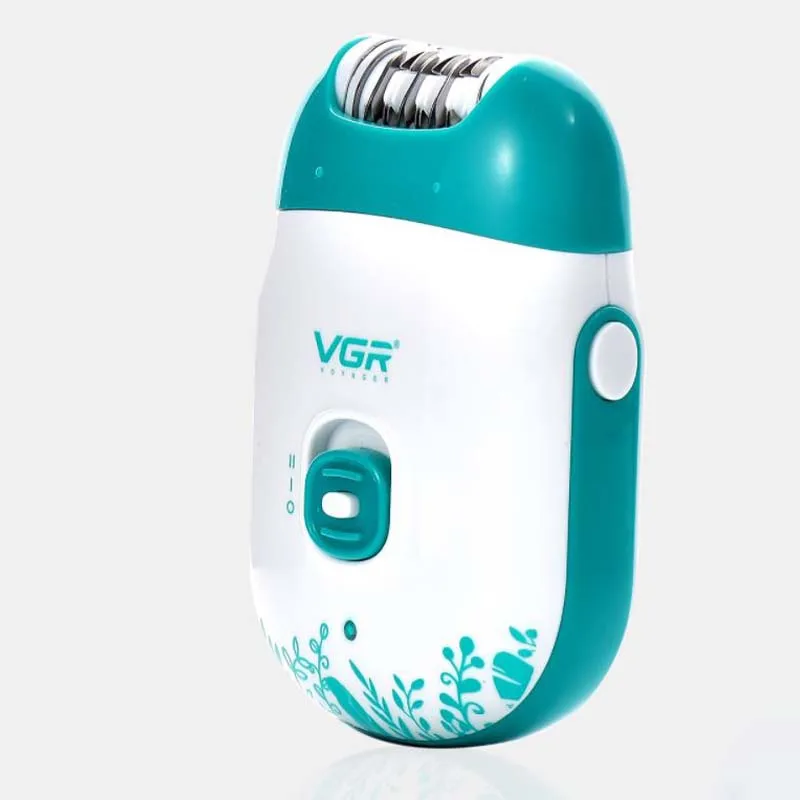
Is Vaseline good after epilating?
Understanding Vaseline:
Vaseline, also known as petroleum jelly, is a popular topical ointment known for its moisturizing properties. It forms a protective barrier on the skin, preventing moisture loss and providing a temporary soothing effect. Vaseline is commonly used for dry skin, chapped lips, and minor cuts or burns.
Benefits of Vaseline after Epilating:
Vaseline can offer certain benefits when used after epilating. Here are some potential advantages:
a) Moisturization: After epilation, the skin may feel dry or tight. Vaseline can help alleviate dryness by providing a layer of moisturization. It helps to seal in moisture and prevent water loss from the skin, keeping it hydrated.
b) Soothing effect: Epilation can cause temporary redness or irritation. Applying a thin layer of Vaseline to the treated area can provide a temporary soothing effect, reducing discomfort and calming the skin.
c) Protection: Vaseline forms a protective barrier on the skin, which can help shield it from external irritants and potential infections. It can provide a layer of protection for the recently epilated area as it heals.
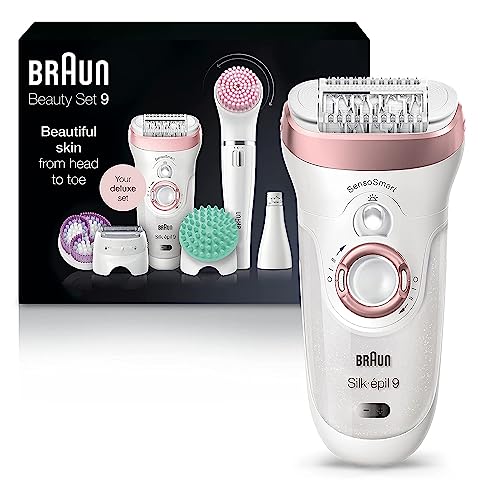
Considerations when using Vaseline after Epilating:
While Vaseline can offer benefits, there are some considerations to keep in mind:
a) Occlusive nature: Vaseline is an occlusive product, meaning it forms a barrier on the skin that may not allow it to breathe or release heat. This can potentially lead to clogged pores or increased perspiration in the treated area.
b) Potential for irritation: While Vaseline is generally considered safe for most individuals, some people may be sensitive or allergic to it. It is advisable to perform a patch test on a small area of skin before applying it more extensively to ensure there is no adverse reaction.
c) Hair regrowth interference: Vaseline may interfere with the regrowth of hair by coating the hair follicles and potentially preventing hair from growing back properly. If you prefer to maintain consistent epilation results, it may be best to avoid applying Vaseline immediately after epilating.
Alternative Post-Epilation Skincare Options:
If you prefer not to use Vaseline after epilating or if you experience any adverse reactions, there are alternative options for post-epilation skincare:
a) Aloe vera gel: Aloe vera gel is a natural product known for its soothing and hydrating properties. It can help calm the skin after epilation and provide moisture without the occlusive effect of Vaseline. Look for pure, natural aloe vera gel without added fragrance or chemicals.
b) Fragrance-free moisturizers: Opt for fragrance-free moisturizers specifically formulated for sensitive skin. These moisturizers provide hydration without potentially irritating ingredients. Look for products with ingredients like shea butter, glycerin, or ceramides, which help to repair and moisturize the skin.
c) Calming creams or lotions: Some brands offer creams or lotions specifically designed for post-hair removal care. These products often contain soothing ingredients such as chamomile, panthenol, or calendula, which can help reduce redness and irritation.
d) Cool compress: If you experience redness or swelling after epilating, applying a cool compress can help soothe the area. Simply dampen a clean washcloth with cold water and gently press it against the treated area for a few minutes.
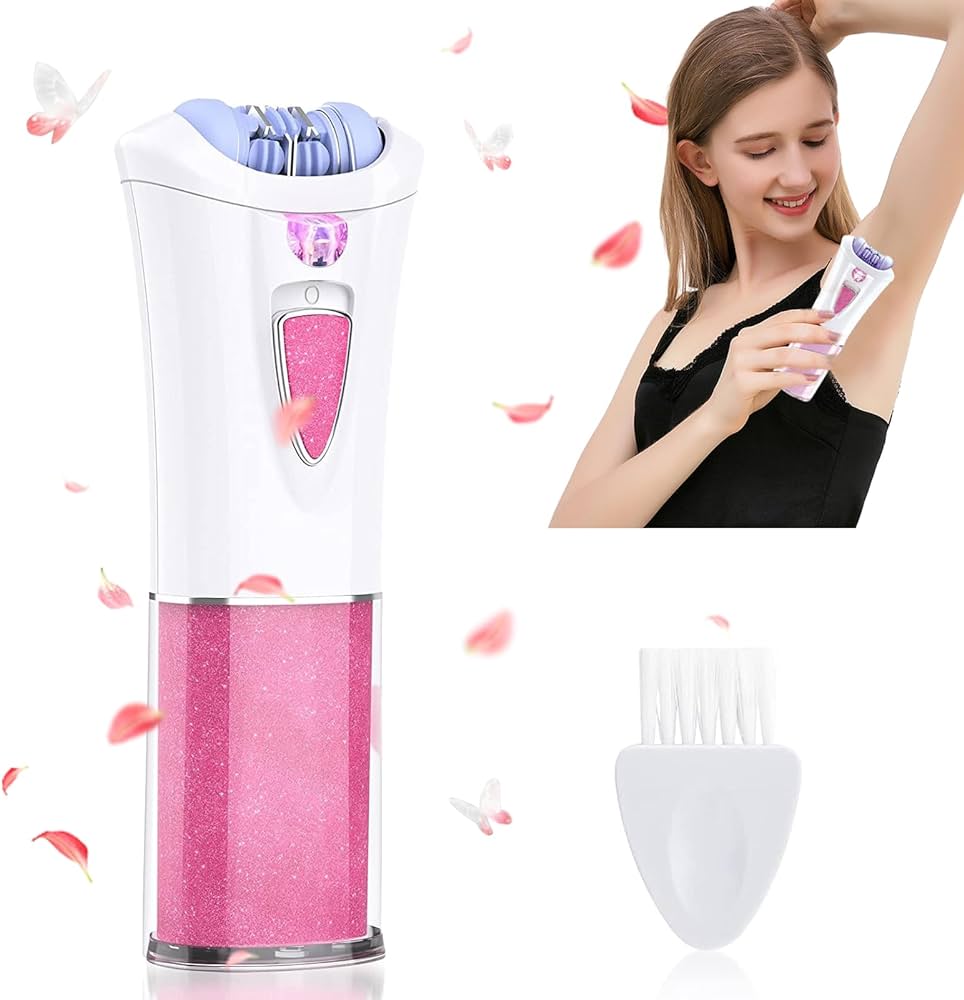
General Post-Epilation Skincare Tips:
Regardless of the product you choose to use after epilating, here are some general tips for post-epilation skincare:
a) Avoid hot water: After epilating, avoid hot baths, showers, or excessive heat exposure. Hot water can increase skin sensitivity and potentially aggravate any temporary irritation.
b) Exfoliate regularly: Regularly exfoliate the skin between epilation sessions to prevent ingrown hairs and keep the skin smooth. Use a gentle exfoliating product or a soft-bristle brush to remove dead skin cells and promote healthy skin renewal.
c) Wear loose clothing: Opt for loose-fitting clothing after epilating to allow the skin to breathe and minimize friction against the treated areas. Tight clothing can cause unnecessary irritation and discomfort.
d) Sun protection: After epilating, the skin may be more susceptible to sunburn. Apply a broad-spectrum sunscreen with a high SPF to protect the skin from harmful UV rays when going outside.
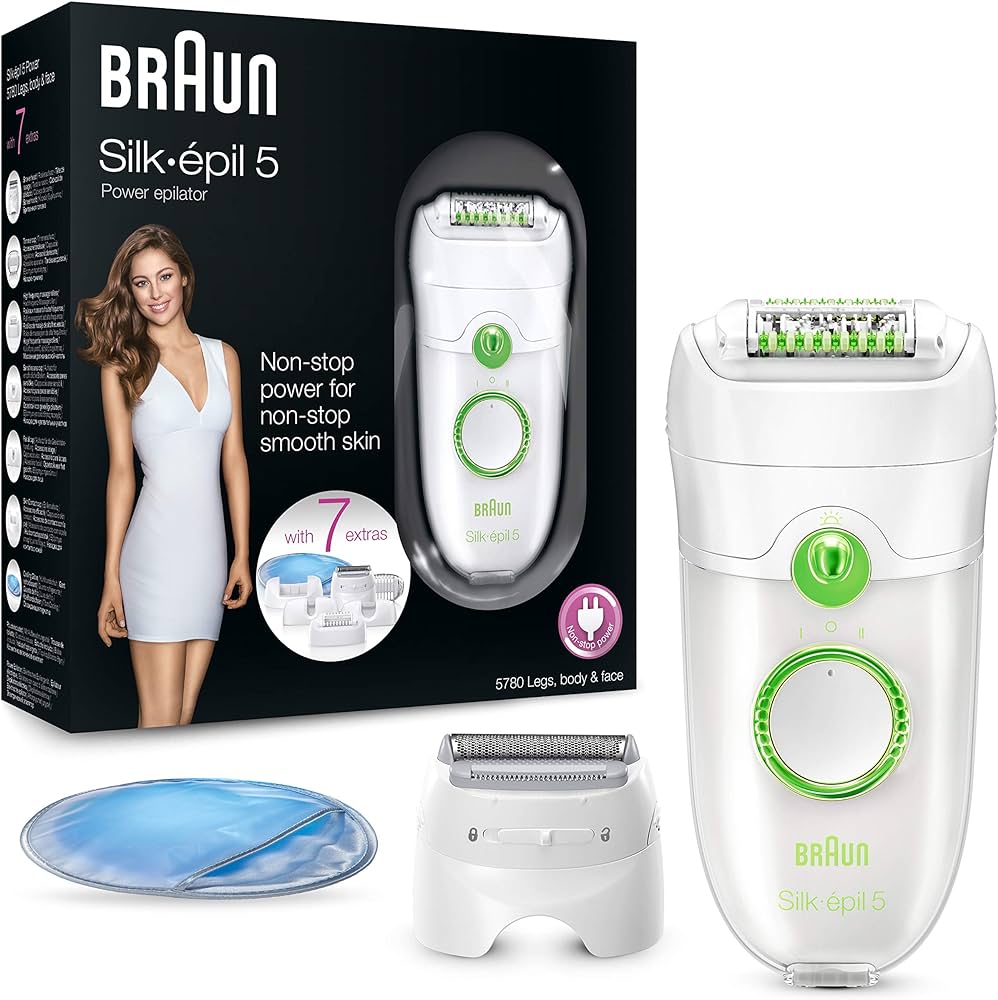
Proper Aftercare for Optimal Results:
In addition to using suitable skincare products, there are other post-epilation practices that can contribute to achieving the best results:
a) Avoid excessive touching or scratching: After epilating, refrain from touching or scratching the treated area excessively. Doing so can increase the risk of introducing bacteria or causing irritation.
b) Avoid harsh chemicals: Avoid using harsh chemicals, such as perfumed lotions, alcohol-based products, or exfoliants immediately after epilation. These products can potentially irritate the skin, especially when it is more sensitive after hair removal.
c) Maintain regular exfoliation: Regular exfoliation between epilation sessions is crucial for preventing ingrown hairs. By removing dead skin cells, you help ensure that new hair growth can emerge without obstruction.
d) Adjust epilation frequency: The frequency of epilation depends on individual hair growth. Adjust your epilation schedule according to the rate at which your hair grows. Waiting until the hair is long enough for the epilator to grip effectively can result in better and smoother hair removal.
e) Patience with regrowth: It is normal for some hairs to grow back finer and lighter after repeated epilation sessions. Be patient and consistent with your hair removal routine to achieve optimal results over time.
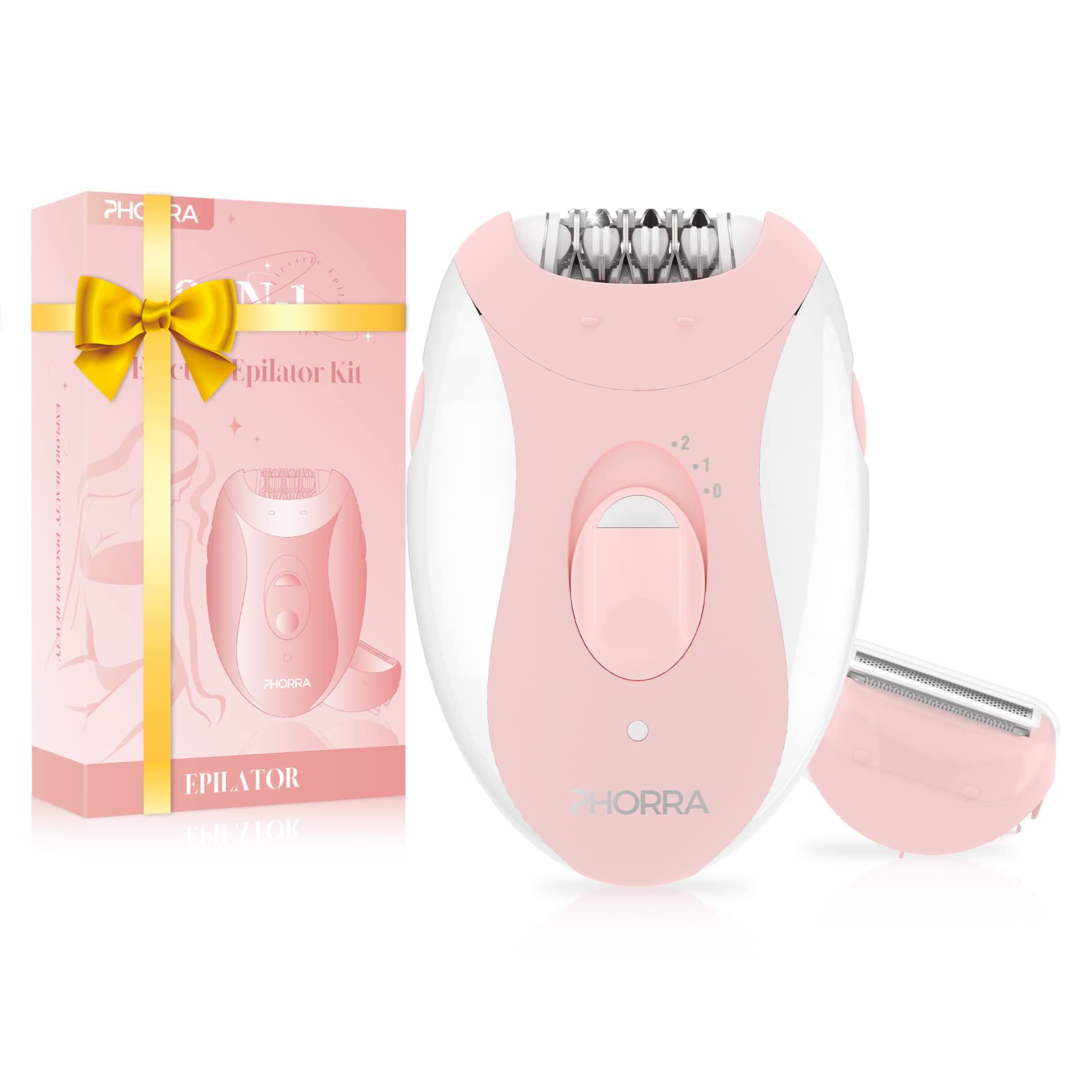
Conclusion:
While Vaseline can provide moisturization and a temporary soothing effect after epilating, there are considerations to keep in mind. Its occlusive nature and potential for hair regrowth interference may lead some individuals to seek alternative post-epilation skincare options. Aloe vera gel, fragrance-free moisturizers, and calming creams or lotions are viable alternatives that offer hydration and soothing properties without the potential drawbacks of Vaseline. Regardless of the product chosen, it is important to prioritize post-epilation skincare, including exfoliation, wearing loose clothing, and practicing sun protection. By understanding the potential effects of different products and following proper skincare practices, you can ensure optimal care for your skin after epilating.
